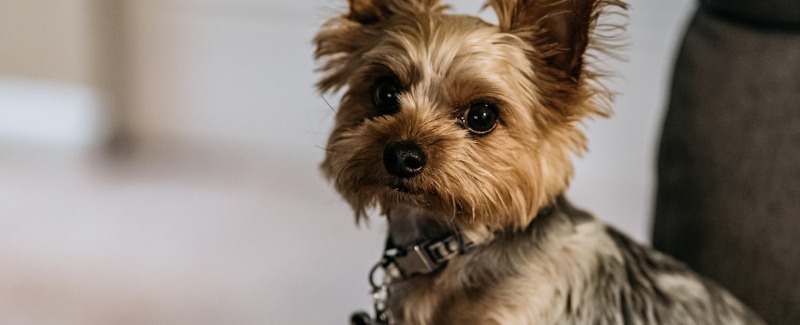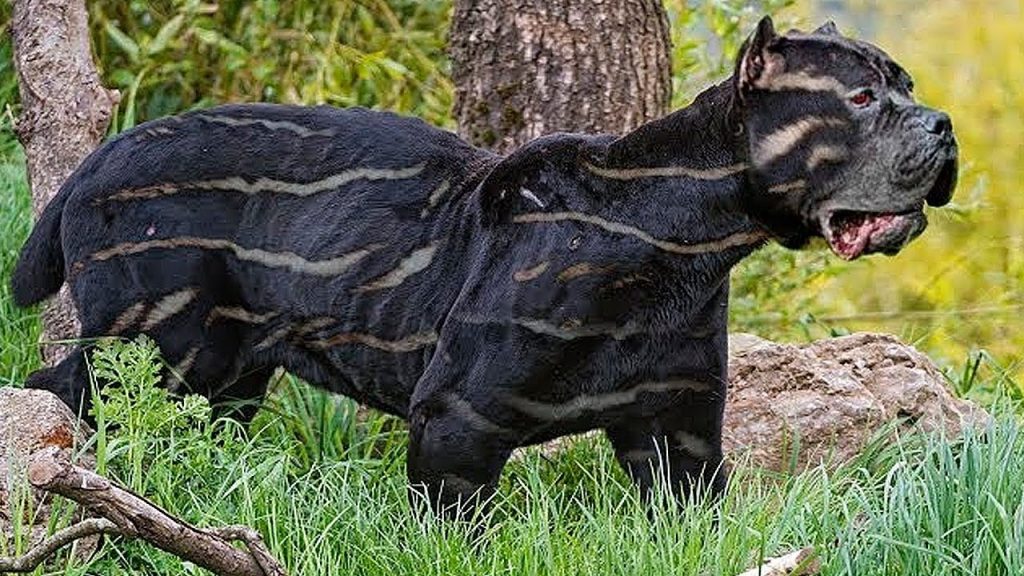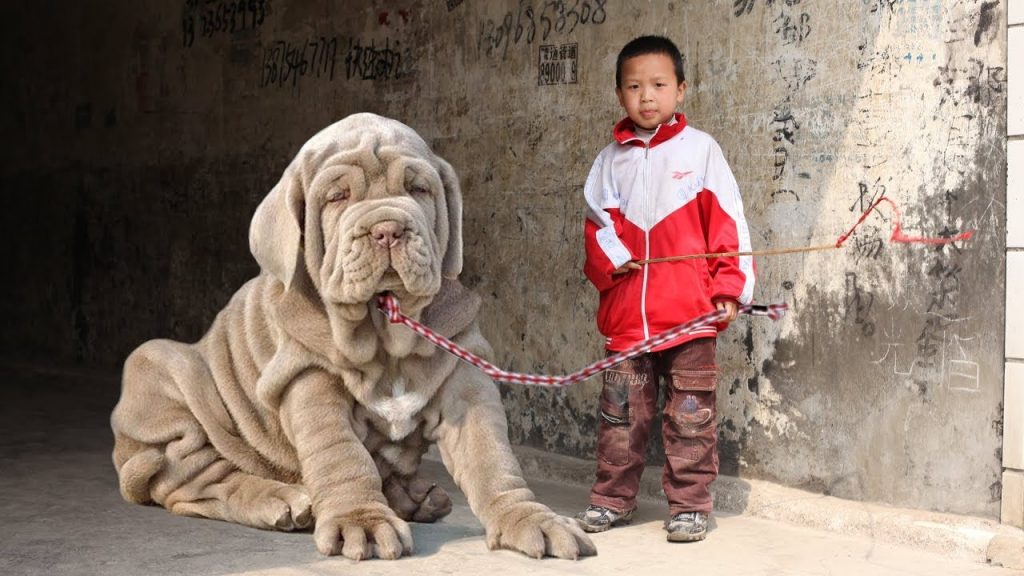Yorkshire Terriers are one of the most popular breeds in the United States and are known for their size, coat, and temperament. There are many things to consider when trying to select a dog to purchase and you must be sure to do your research. Yorkies are a type of Terrier breed and so there are many behavioral things to look out for, like their prey instinct. Keep reading for 11 things to know before purchasing a Yorkie.
Hypoallergenic
Contents
One of the main reasons why Yorkies are so popular is because they are hypoallergenic. Being hypoallergenic doesn’t mean that people with dog allergies won’t have a reaction to them, though. Rather, it means that they have actual hair instead of fur and they don’t shed unless their hair is broken or they are being groomed. Thanks to this fact, the only thing that people with dog allergies really have to worry about is their dandruff and saliva which cannot be helped. Each person’s reaction to a Yorkie will vary based on the degree of their allergies and it is recommended that you spend time with them before you decide to make a purchase or not.
Hunting Instinct
Yorkies are considered to be a part of the Terrier group which means that owners will have to watch out for and be aware of a Yorkie’s prey instinct. Their origins are in Yorkshire, England, hence their name, and they were used for hunting, chasing, and killing rats. Because of this high prey drive, you should watch your Yorkie when you allow it to roam free in the yard because they may bring you back their version of a “present” which may or may not please you. It’s said that Yorkies are a great pet for urban living because of their size and also because of their hunting instincts. If there are mice or rats in the building you can be sure that your Yorkie will sniff them out and try their best to help get rid of the vermin.
Size
One of the Yorkie’s most defining characteristics is their size. They grow to be a maximum of about seven pounds, although some can get up to about fifteen pounds if they came from a litter of a larger Yorkie. The smallest dog in the world was a Yorkie and her name was Sylvia. Sylvia was a Yorkie that was about the size of a box of matches and she died at about two years old in 1945. She was two and a half inches tall and was three and a half inches long weighing on four ounces. Her size was adorable but it was also detrimental to her health.
Temperament
A typical Yorkie personality has a very confident demeanor and is highly active and curious. Some other characteristics of a Yorkie are their protective nature and their love for attention. These dogs have a great temperament, although because of their size it is not recommended to have them around children because they are also very delicate and fragile which most children don’t understand. This breed is also very easy to train which makes it an ideal choice for a first-time dog owner, but they also require a lot of mental and physical stimuli because of their working dog nature. Indoor games and long walks should be enough to satisfy them and keep them happy and healthy.
Teeth
Like all dogs, and humans, Yorkies have two sets of teeth during their lifetime. They begin their life with twenty-eight baby teeth and after those fall out, forty-two adult teeth grow in their place. The number of adult teeth can sometimes vary based on each individual dog and puppy teeth don’t actually come in until they’re about two months old, much like a human baby. Like many other small breeds, like Pomeranians, Yorkies are known to develop dental diseases. They have a small jaw which means that their teeth may become overcrowded complicating the process in which the baby teeth fall out and the adult teeth grow in. Another issue from this is that food and plaque may build up excessively which leads to periodontal disease. Also, the bacteria in their mouth that comes from these diseases can spread which can cause heart and kidney problems as well.
Grooming
It’s a popular practice to trim a Yorkies hair to keep it short and easy to care for, but with show dogs it’s important that the coat is left long and only trimmed to keep it just above the floor. A traditional Yorkie coat is extremely high maintenance and needs to be bathed as often as every three days to once a week. If you don’t plan on showing your Yorkie but want them to have a long coat, you should bathe them at least once a week to prevent matting and knots. Most Yorkies who aren’t being shown will have a short haircut and are bathed every two to four weeks.
Barking
Yorkies are known for their excessive barking, but this also means that make an excellent watch dog. They will bark quite a bit when anyone gets close to their home and they will bark excessively at strangers in their presence. Their barking behavior can be curbed with proper training but most owners find it extremely difficult to break them of this habit.
Therapy Dog
This breed makes for an exceptional therapy dog because of its affectionate nature. They are often purchased for those who have lost a loved one or for those who are going through an exceptionally hard time, like young children whose parents are getting a divorce. They make excellent lap dogs and also travel well for people who go away a lot. They are easily adapted to their surroundings and don’t mind traveling from place to place so long as they are with their owner.
Hypoglycemia
Yorkie puppies are known for having low blood sugar (transient juvenile hypoglycemia) if there is too much time between meals. If your Yorkie has this issue, it will be prominent when they are between five and sixteen weeks old. Tiny Yorkies are even more prone to this health issue because they don’t have enough muscle and it makes it difficult for their small bodies to store glucose and regulate their blood sugar levels. This issue can also result from a bacterial infection, parasite, or liver shunt. Tell-tale signs of this problem are fatigue, the shakes, lack of coordination, glassy eyes, pale gums, and a lack of appetite.
Genetic Defects
There are many genetic defects that may occur in Yorkies like distichiae (eyelashes growing abnormally) which can irritate the eye and may require surgery, hypoplasia of dens (non-formation of the pivot point in the vertebra) which can lead to spinal cord damage, and legg-calve-perthes syndrome which is when the thigh bone deteriorates over time. There are a few other genetic defects that can occur in Yorkies and, so, it is important to have you Yorkie checked annually so these problems can be detected early and hopefully treated.
Appearance
Lastly, a Yorkie’s appearance is their trademark. The hair of a Yorkie must be shiny, straight, thing, and silky. Their coat is always parted down the middle of their back and from the back of their neck to their tail should be a dark gray or black and the hair on their tail should be darker than their tail. Their head, chest, and legs should be a very rich tan color that’s darker at the roots. If your Yorkie does not have a shiny and silky coat then there could be a chance it was inbred which can cause many genetic issues.




